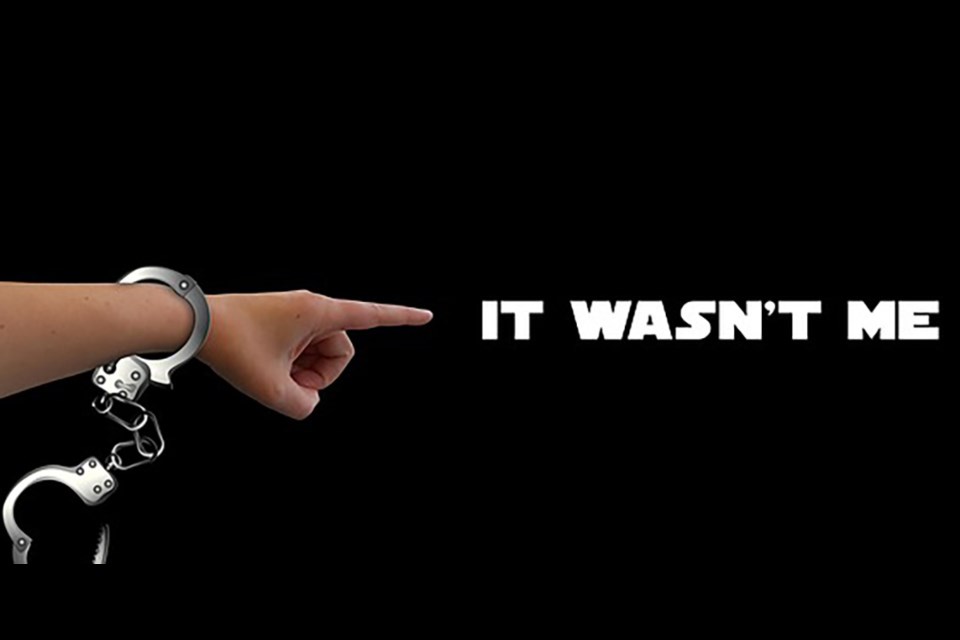SASKATCHEWAN – There are two ways that a prosecutor can end a prosecution. The Crown can enter a stay of proceedings or withdraw the charge. There's a crucial difference between criminal charges being stayed or being withdrawn.
When the Crown withdraws charges, they discontinue the prosecution, and those same charges can never be brought back before the court.
On the other hand, when the Crown stays charges, they put the charges on hold. This means the charges can still be "brought back to life," within one year and the person could be prosecuted again on those same charges. But this rarely happens.
The Crown doesn’t have to give the court a reason why charges are being stayed. There are several reasons, however, why the Crown stays charges.
Sometimes the Crown stays charges if there is a lack of evidence or if witnesses are hostile and no longer co-operating, which would put a trial in jeopardy. The Crown then stays the charges and this keeps the actual criminal charges “live” in case the Crown wants to proceed again.
A judge may enter a Charter Stay of proceedings if the case hasn’t been brought before the courts in a timely manner and the accused’s rights may be violated. If there is a judicial stay, the case is ended.
After a stay of proceedings has been entered, all bail and custody orders are vacated. However, any breaches of conditions or failures to appear in court continue.
The accused won’t have a criminal record on background checks if there was a stay of proceedings because there was no criminal conviction. But their background check for employment or rental applications will show that the person was arrested and charged.
Anyone who had a stay of proceedings and wants to purge the arrest and charges from their record, can apply for a File Destruction. A File Destruction will remove traces of your criminal charges if you were charged but not convicted. You can request a File Destruction through the police or RCMP detachment that originally charged you. The RCMP will remove your fingerprints and photographs from its criminal records database. Your file with the police department that charged you, and any Crown materials related to your case, will be destroyed.
Once you have a File Destruction you will have clean background check results in Canada.
Some countries, such as the United States, however, don’t recognize a stay of proceedings. The USA views it as the Crown not having enough evidence to proceed with the case and doesn't mean the person was found innocent. This could result in the person not being allowed to enter the USA.
— for more from Crime, Cops and Court.



